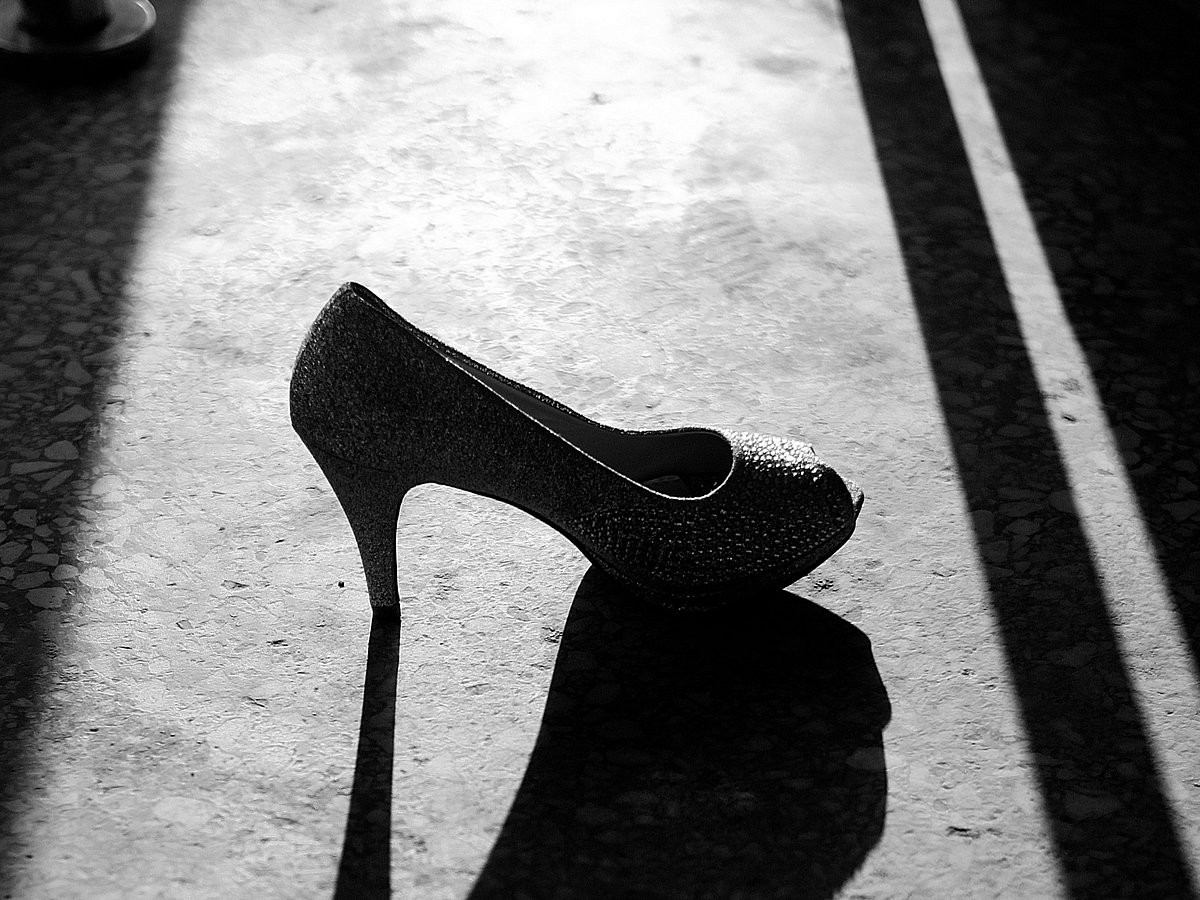Dubai court dismisses suit for slip on wet floor
Judge finds no evidence linking injuries to hotel negligence

Dubai: A Dubai civil court has dismissed a Dh5 million damages claim filed by an African visitor who alleged that she suffered serious injuries after slipping on a “pool of water” inside a hotel restaurant, ruling that she failed to prove the incident took place on the premises, Emarat Al Youm reported.
According to court filings, the woman said the fall occurred on an otherwise ordinary morning as she and her husband headed to the hotel’s restaurant for breakfast.
A sudden scream, witnesses recalled, echoed through the dining area before guests found her lying on the floor.
She later claimed she had slipped on water that had not been marked with a warning sign, causing her to drop her plate and prompting confusion among diners.
In her lawsuit, she said she experienced severe shock and pain immediately after the fall. She argued that the hotel had not placed a sign alerting guests to a wet floor, which she described as a serious lapse that resulted in lasting injuries. In the weeks that followed, she reported difficulty walking and persistent pain in her back and shoulders.
The plaintiff told the court that the incident dramatically altered her life. Medical records she submitted showed she underwent months of physiotherapy and MRI scans, which she said revealed a spinal tilt.
Emotional and financial strain
A neurosurgeon recommended what she described as a “complex” operation. She also cited the costs of treatment, medication — including controlled painkillers, and mobility equipment such as a wheelchair. The injuries, she said, forced her to stop working, causing emotional and financial strain.
The hotel denied any responsibility and challenged the suit in a detailed legal memorandum, arguing that the plaintiff had not produced a single piece of evidence proving the fall occurred due to negligence.
The hotel’s lawyers noted that she had not filed a police report or any official record documenting the alleged slip inside the property, something they said was essential to establishing civil liability.
As the case moved through the Dispute Management Office and later the court, both sides submitted records and written arguments.
The hotel maintained that the medical reports did not establish a link between her injuries and any incident inside the hotel, and that the burden of proof rested entirely with the claimant.
After reviewing the case, the court cited long-standing principles of civil law: tort liability requires a proven fault, actual damage, and a direct causal connection between the two.
The court emphasised that the responsibility to demonstrate fault lies with the claimant and that judges are not required to guide litigants on how to present evidence.
In this case, the judge found that the file contained no official report or direct evidence establishing that the fall resulted from hotel negligence.
The documents the plaintiff had provided, primarily medical reports and personal messages, did not rise to the level of conclusive proof.
The court rejected the lawsuit and ordered the plaintiff to pay court fees, expenses, and the hotel’s legal costs.
Network Links
GN StoreDownload our app
© Al Nisr Publishing LLC 2026. All rights reserved.